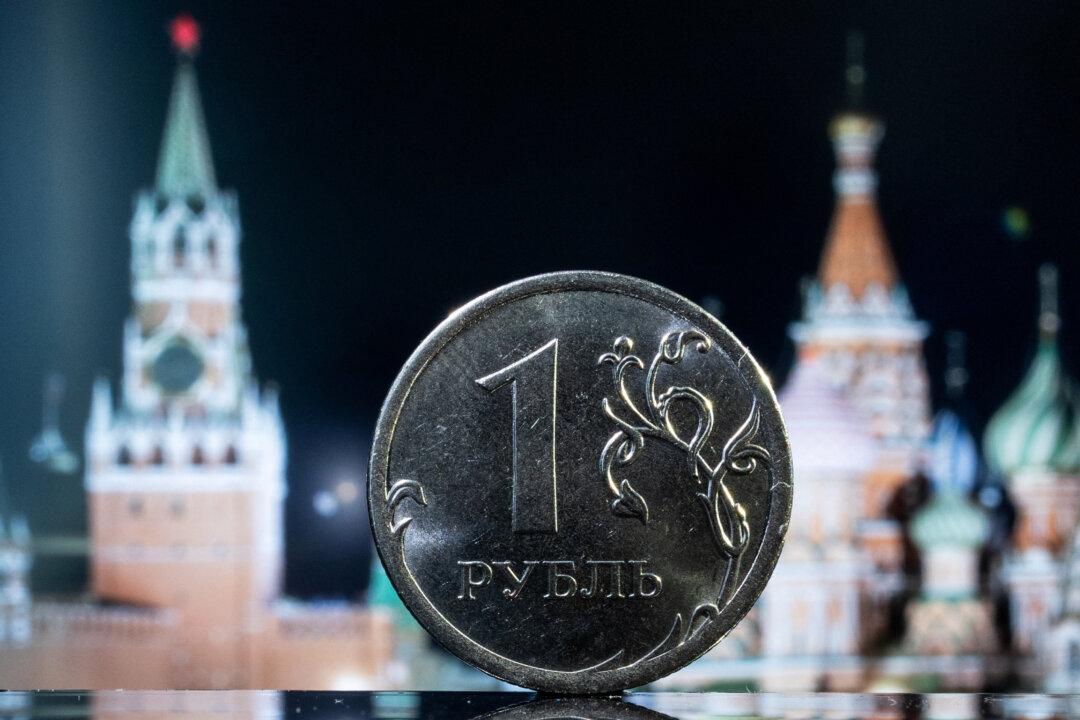Russia rejected claims on Monday that it had defaulted on its external debt for the first time in more than a century, telling investors to go to Western financial agents for the cash which was sent but bondholders did not receive.
The White House said on Monday that Russia has defaulted on its international bonds for the first time since the Bolshevik revolution, as sweeping sanctions have cut the country off from the global financial system.





